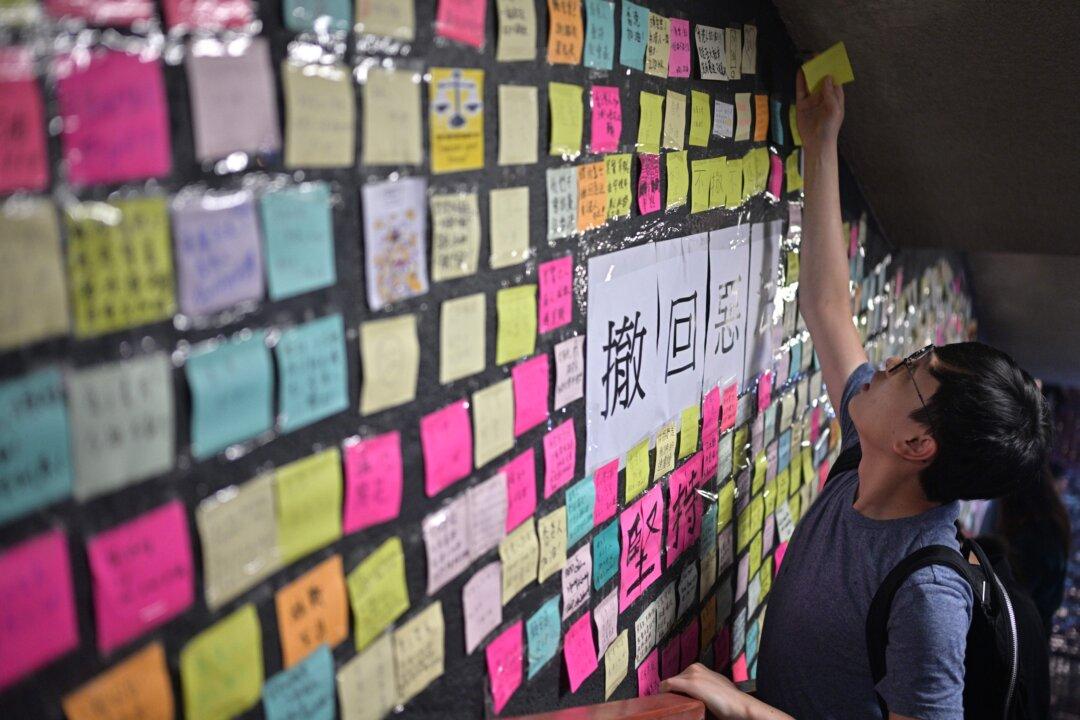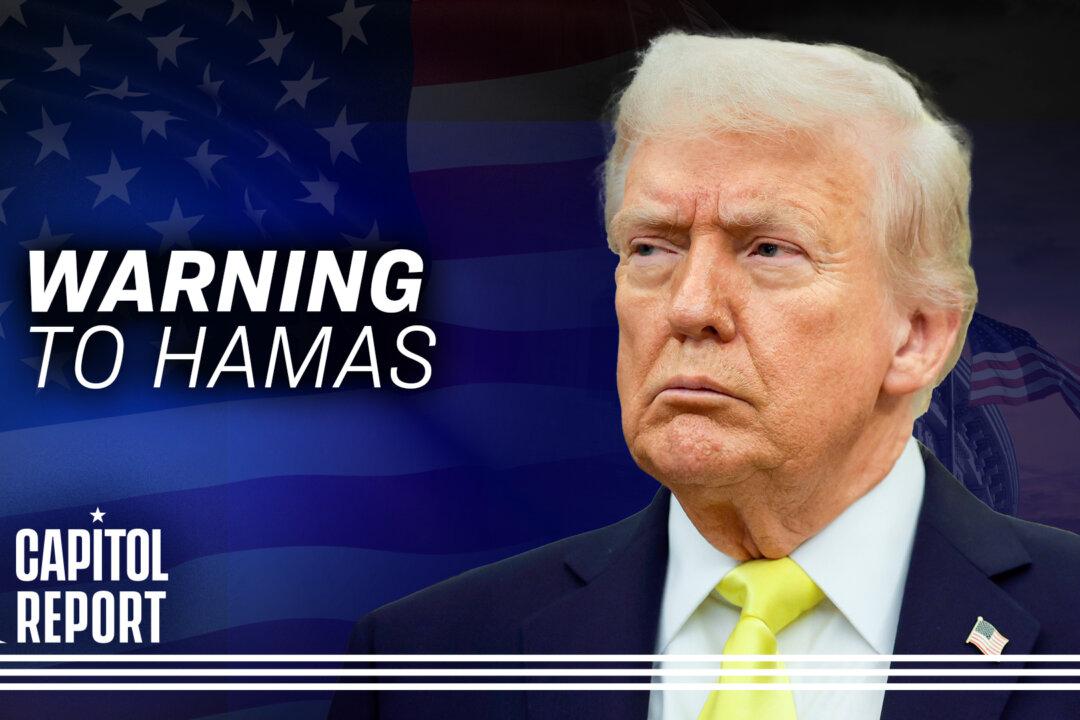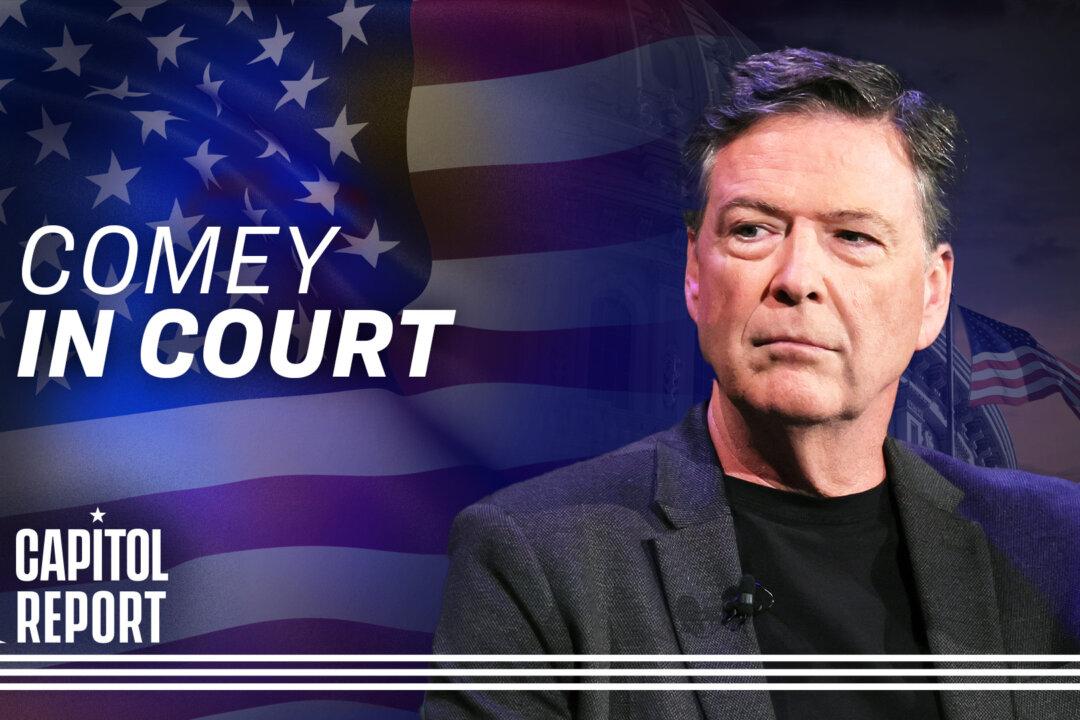After beleaguered Hong Kong leader Carrie Lam announced on July 9 that a controversial extradition proposal was effectively “dead,” locals remained unsatisfied, repeating their demand that she withdraw the bill completely.
Hongkongers have planned more protests, with a new strategy geared toward attracting more supporters—and other creative means to make their voices heard.





